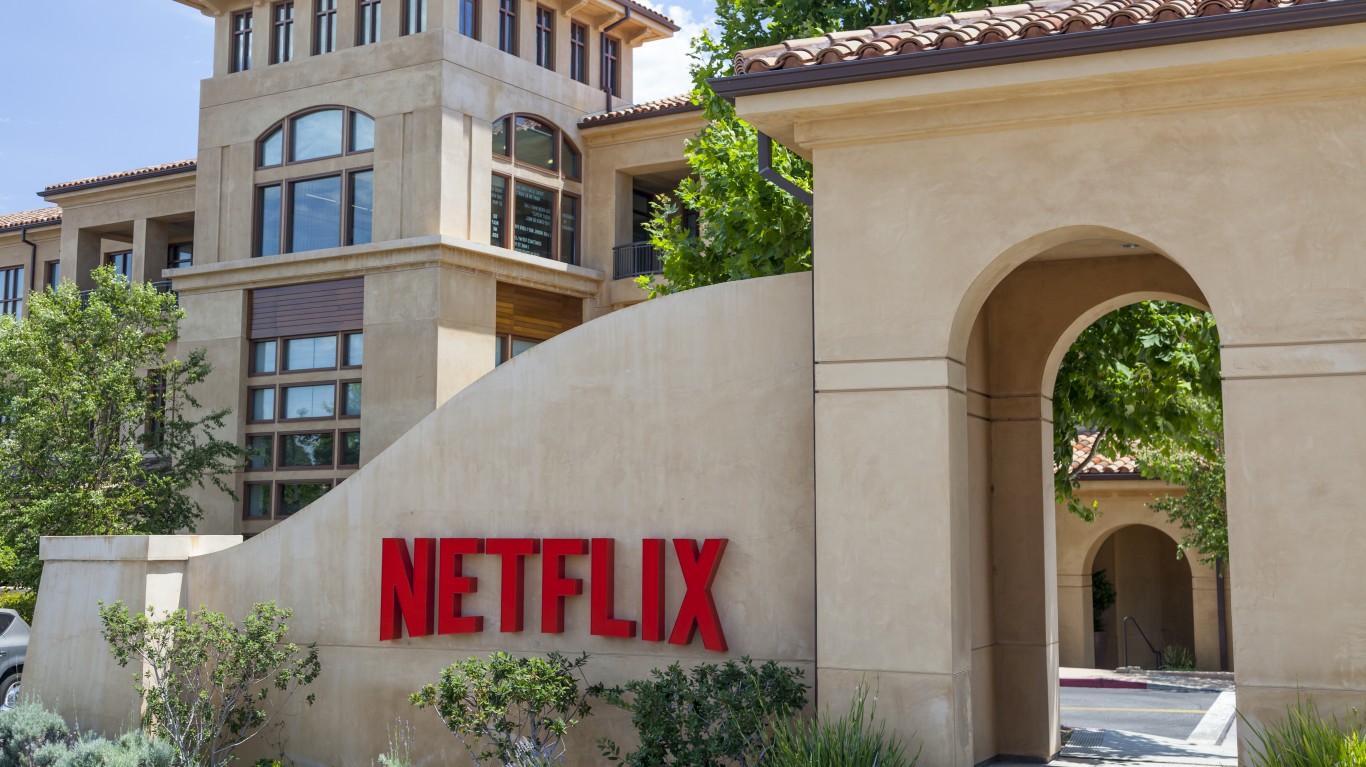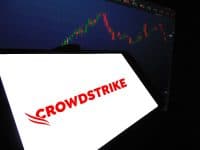Google’s stockholders should be thrilled these days.
Or shouldn’t they?
The good news is that their beloved stock (NASDAQ: GOOG) recently smashed through the impressive $800 threshold for the first time. Now, surely this milestone signifies a special accomplishment for the ballyhooed company — and, naturally, it holds the promise of a bright future.
Well, yes — and maybe no.
The disquieting news is that if you listen closely, you can already hear the chorus of “Google $1,000 — or bust.” Talk about stockholders getting ahead of themselves!.
Without question, Google has now reached a point in its maturation where its shareholders might need to to worry about what I call The Icarus Effect. The relevant question is this: Is Google’s stock price flying too high now for its own good? Remember, how in the Greek fable, Icarus rose high but ultimately flew too close to the sun. After his wings melted, he fell into the sea.
As Andre Agassi once mused, Image is everything. You had better believe it is true, too, on the Street.
Speaking of image, will the media come to treat Google like another case of, say, Apple, a company that has fallen with a thud from grace?
Will restless reporters someday soon tire of writing yet another glowing story about the wizards at Google, who can do no wrong? Journalists have a short attention span 9i know — I am one of them). We get bored quickly. It’s human nature to want to tear down what you’ve so painstakingly built up. And once the media start looking for flaws, the process becomes a bit self-fulfilling. If a magazine or a newspaper or a blog decides that Google has become arrogant, other reporters will; pick up the scent.
It seems unlikely that Google, with its well respected and prudent managers, could succumb to arrogance or hubris or reckless business decisions. Or complacency, for that matter. But let’s face it. Wall Street is littered with the wreckage of high-flying companies which believed their glowing press clippings and then conned themselves into thinking that they could do no wrong.
Google has always been respected and appreciated for its stellar management. Google has emerged as a company with staying power. This quality puts it in contrast with so many other Silicon Valley dynamos boasting a wonderful product and possibly little else to recommend its prospects — such as the requisite components of management, discipline and a reasonably long-term strategy.
But a stock price sometimes can seem to operate on a level all its own. Stock market psychology has a lot to do with this. We all know what Wall Street craves and demands: continuous, steady growth, with no hiccups or surprises. The Street has no room for sentiment or tolerance for excuses.
I suspect that Google CEO Larry Page would agree with that notion. Google now has its sights set on commanding the mobile-devices frontier. Much of its future — as with so many other companies across the tech landscape — depends on its ability to make strides in mobile,
As Nielsen pointed in a recent report, smartphone owners say they receive mobile ads an average of at least once a day in most markets. In this fledgling market, as on so many other corporate battlefields, Google certainly has a leg up on much of the competition because of its inherent smarts, ability to see around corners and ever-powerful competitive nature.
But as they say in those New York State Lottery Commercials, Hey, you never know.
We’ve all seen the great companies lose their way in the stock market, haven’t we? Mighty Apple has wobbled lately. We observed even omnipotent Microsoft become something of an after-thought by the growth-oriented investors. As shareholders of Apple and Microsoft (not to mention Intel, Cisco and so many others) can remind you, the stock market has no institutional memory and good luck if you’re expecting to get the benefit of the doubt, based on past accomplishments.
You never know.
Thank you for reading! Have some feedback for us?
Contact the 24/7 Wall St. editorial team.




